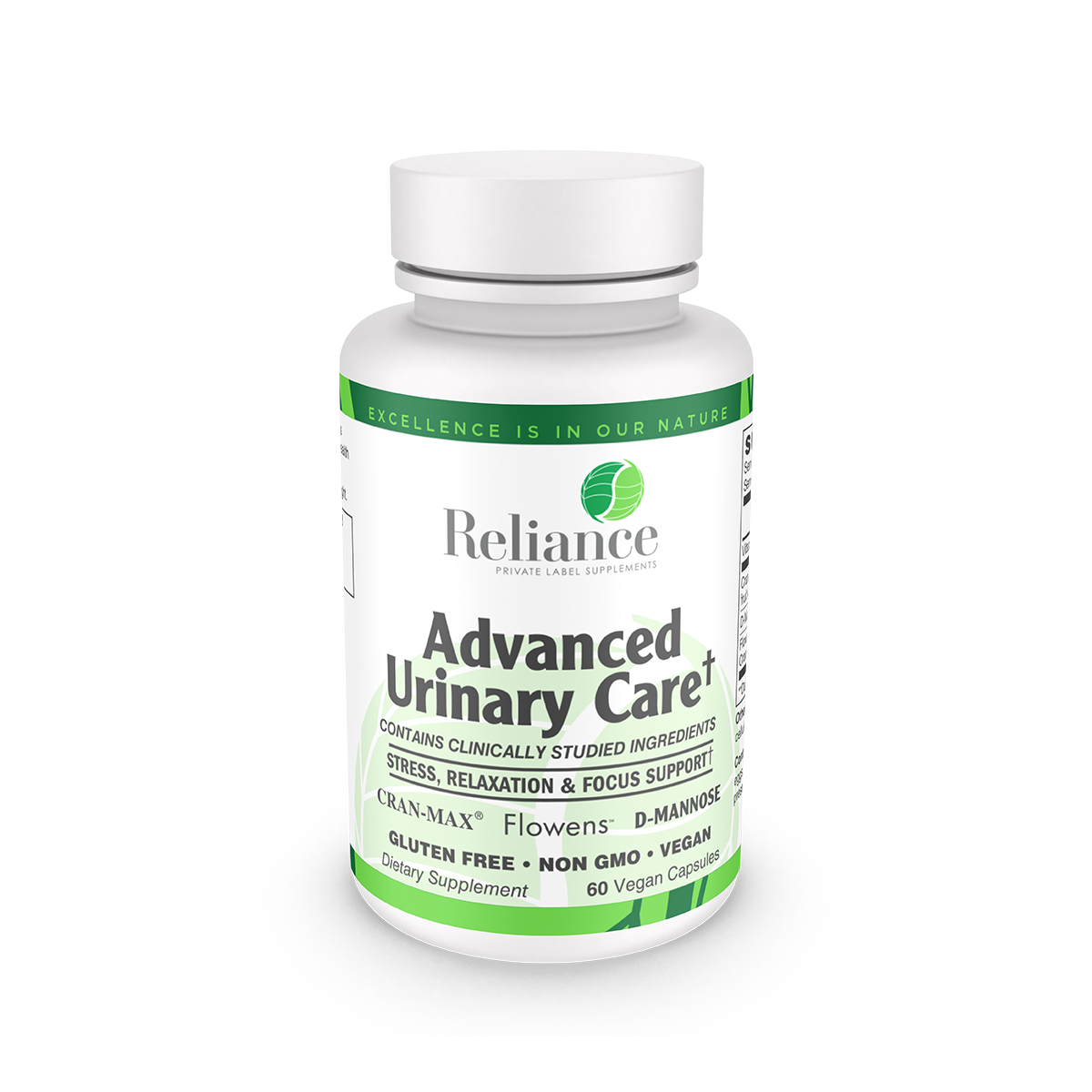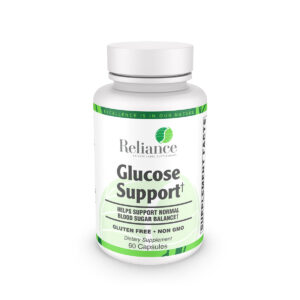While both women and men get infections in the urinary tract, women have a 50% greater chance of having a urinary tract infection. They are most often caused by bacteria or yeast overgrowth, so keeping the urinary tract healthy is a first line of defense. Advanced Urinary Care contains clinically-studied actives that may support better urinary and bladder health while reducing the frequent urge that can be life-interrupting.†
Features
-
500 mg D-Mannose
-
500 mg Cran-Max® Cranberry fruit concentrate
-
250 mg Flowens™ Full spectrum Cranberry fruit powder
-
90 mg Vitamin C
-
Contains no sugar, salt, dairy, yeast, wheat, gluten, eggs, peanuts, soy, tree nuts, fish, shellfish, sesame, preservatives, artificial colors or flavors
-
Gluten Free, Non-GMO and Vegan
Benefits
-
Clinically studied ingredients support bladder function & urinary tract health. †
-
D-mannose is a sugar that can be found in many fruits and naturally occurs in the human body. It has been shown to support a healthy urinary tract by inhibiting bacteria from latching onto the walls of the urinary tract. It is thought that the bacteria is then expelled when urinating, thus preventing the growth of bacteria which leads to an infection inside the bladder or urinary tract. †
-
Research shows that PACs, particularly A-type PACs, of which cranberries are a rich source, support urinary tract health. Anthocyanins, which are also found in cranberries and are natural anti-oxidants, support overall health. Cran-Max™ provides a good source of PACs and anthocyanins. †
-
Flowens™ showed a clinically relevant, dose-dependent, and significant reduction in LUTS [lower urinary tract symptoms] in men over 45. LUTS is also common in women, especially between the ages of 40-60. For some women, the symptoms are ongoing and interfere with normal life. The symptoms may include incontinence, the urge to pass urine frequently, or discomfort passing urine. These can result in poor quality of life. †
-
There is some evidence that vitamin C can decrease the frequency of urinary tract infections. †





